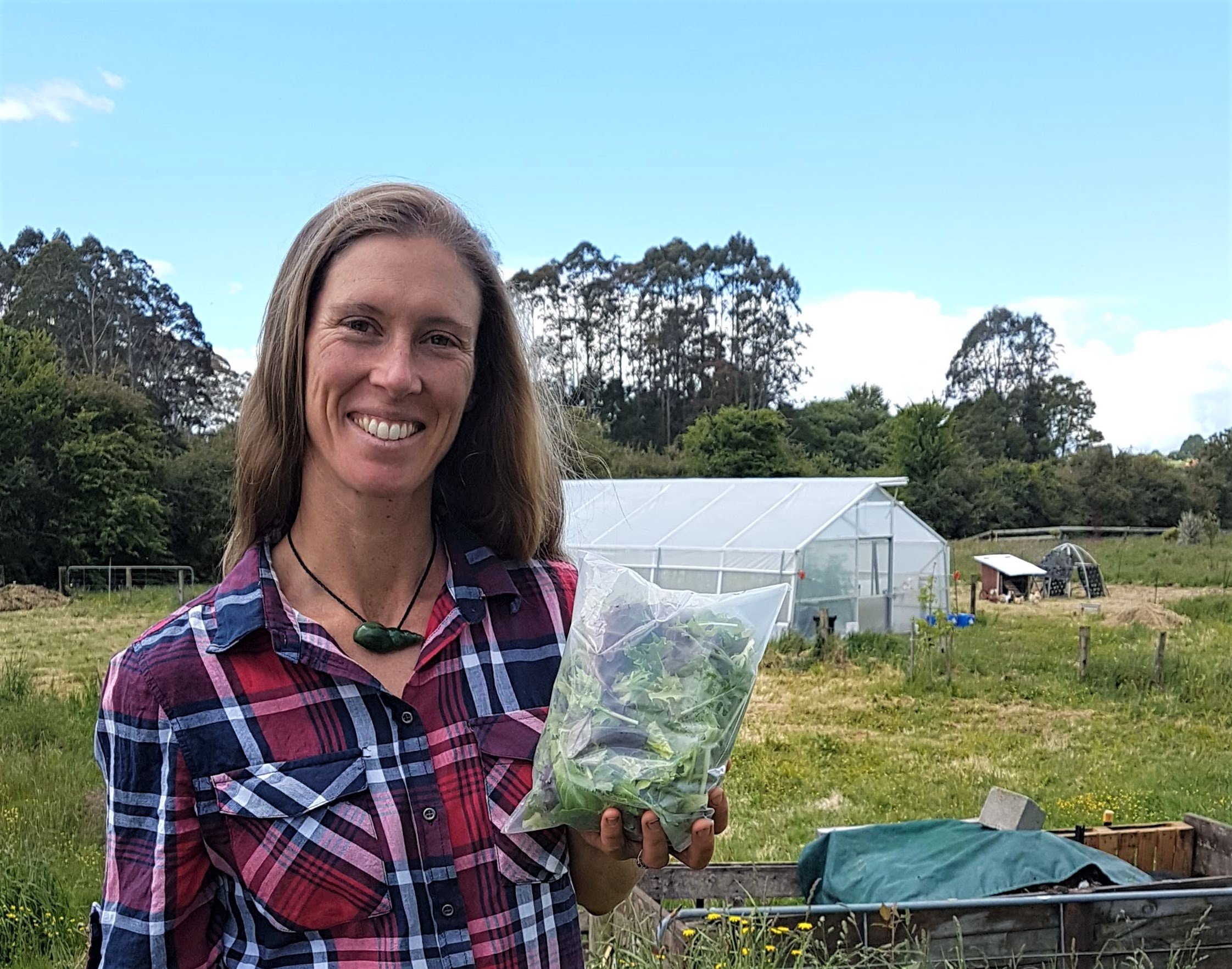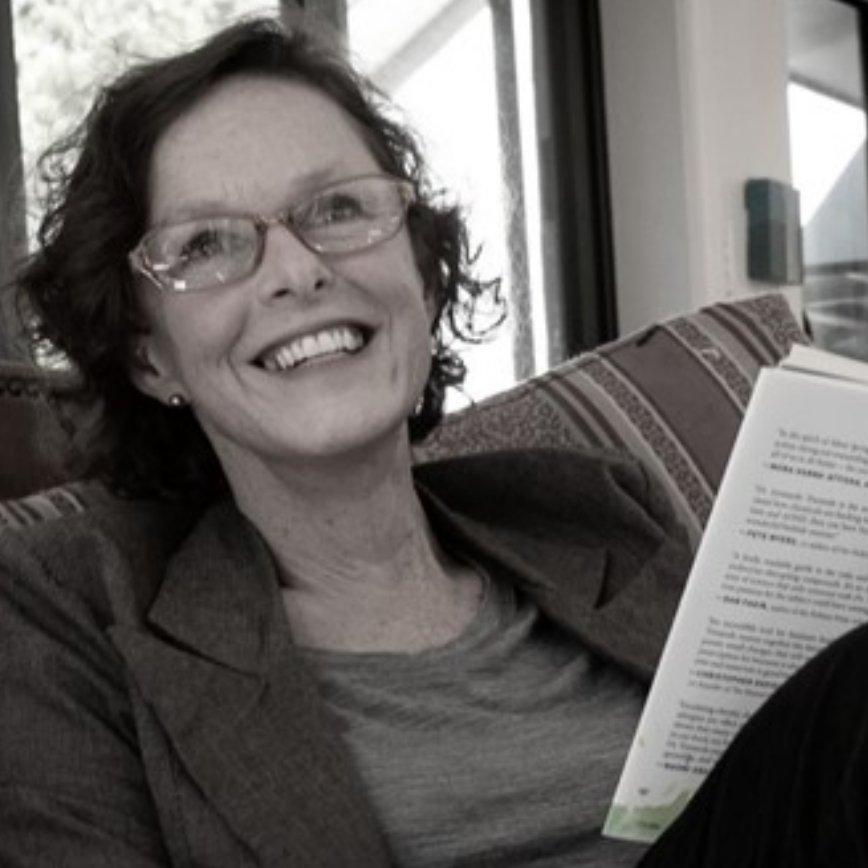Soil & Health joins call for immediate action on farming emissions
The Soil & Health Association is joining other environmental groups calling for immediate action to tackle farming emissions.
Consultation on the government’s draft Emissions Reduction Plan closes today and environmental groups are united in calling for stronger action.
“It’s unacceptable that agriculture, our largest emitting sector, is the least developed and most poorly explained aspect of the Emissions Reduction Plan,” says Jenny Lux, organic farmer and deputy chair of the Soil & Health Association.
“Too much emphasis is put on finding new technologies. Let’s use the tools we already have. More can be done, and sooner, by supporting a faster transition to regenerative organic farming.
“The Emissions Reduction Plan needs to identify a pathway to transform agriculture, with clear direction and support for immediately available solutions like organics.
“Pricing farm emissions is the key government policy right now, and for this reason agriculture must enter the Emissions Trading Scheme from 2022.
“Limits on synthetic nitrogen and imported feed are also needed as signals that we need to change our farming systems.
“Ultimately the New Zealand Government must adopt a target for increasing regenerative organic production.
“Organics have global recognition as a low-emission and environmentally friendly farming system. International markets are moving quickly to increase organic production to reduce emissions and because global consumers are voting with their wallets.”
Our submission on the Emissions Reduction Plan is available to read here:
https://soilandhealth.org.nz/wp-content/uploads/2021/11/Emissions-Reduction-Plan-submission-Soil-and-Health-November-2021.pdf




